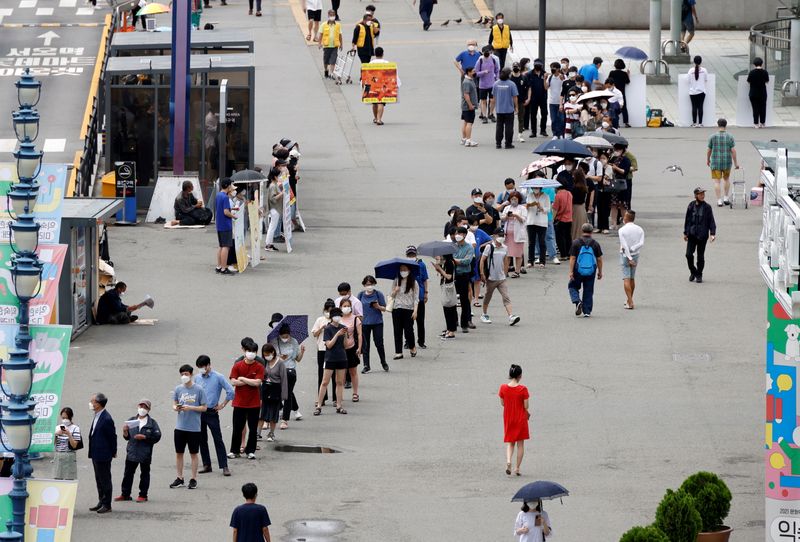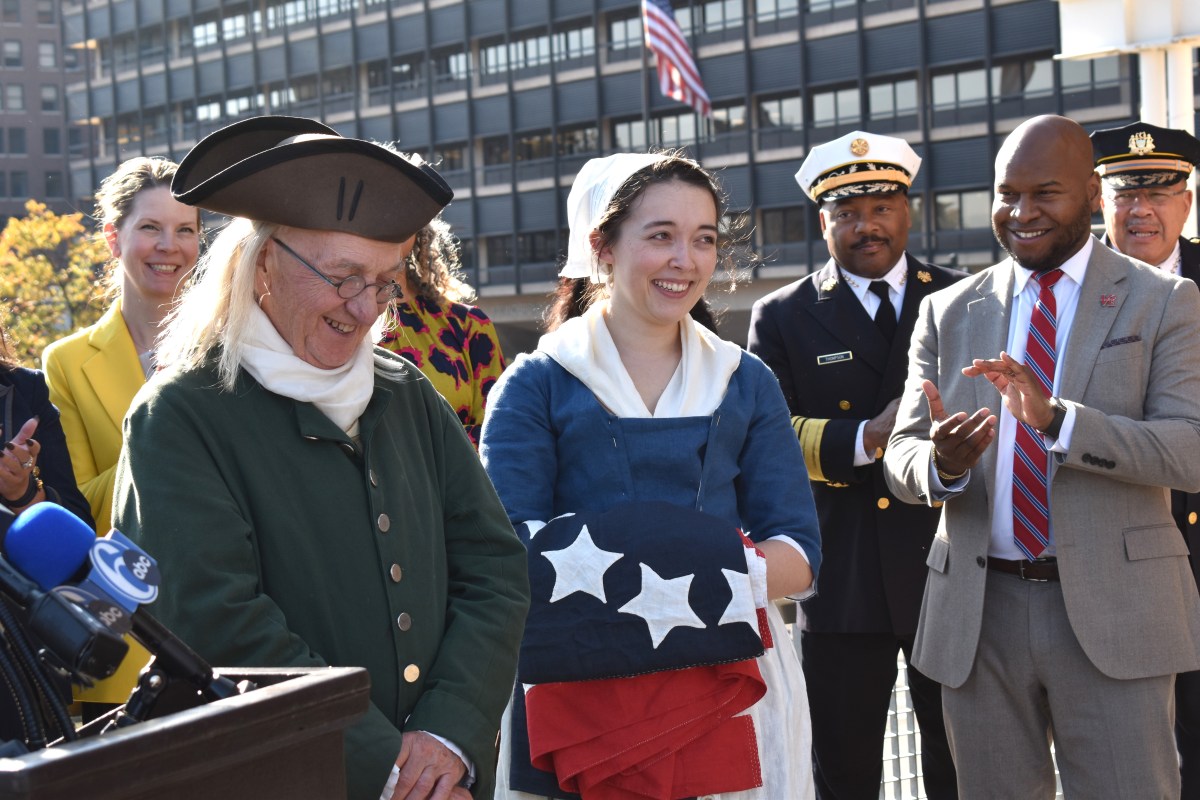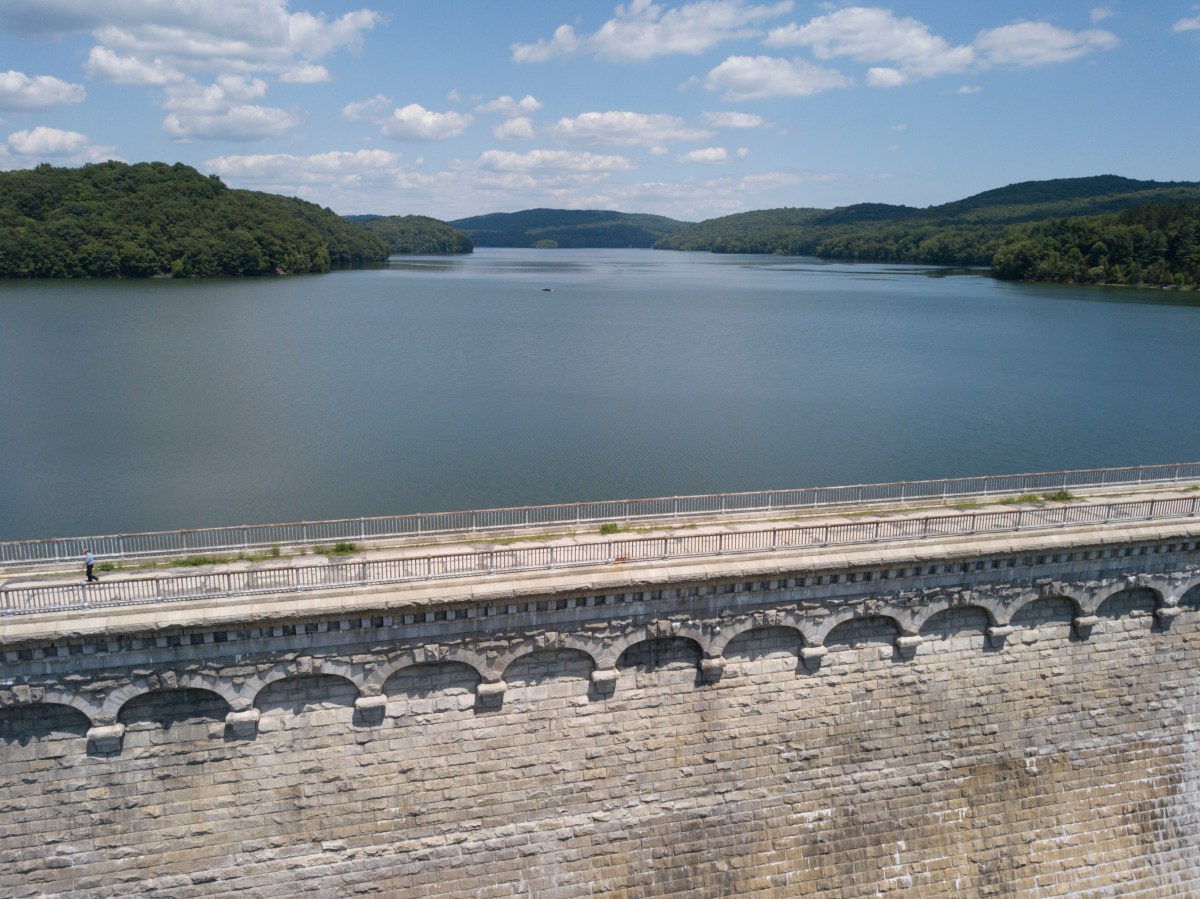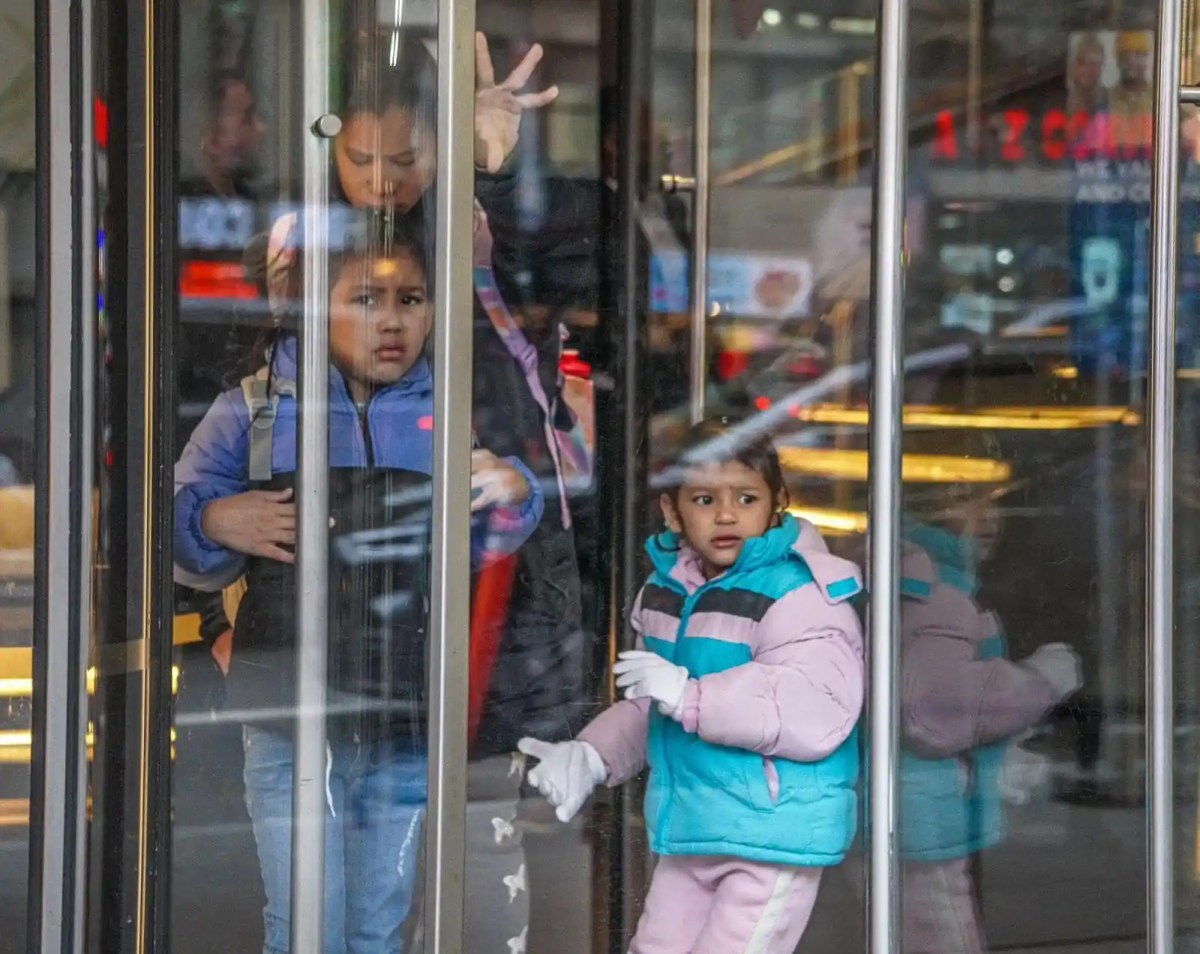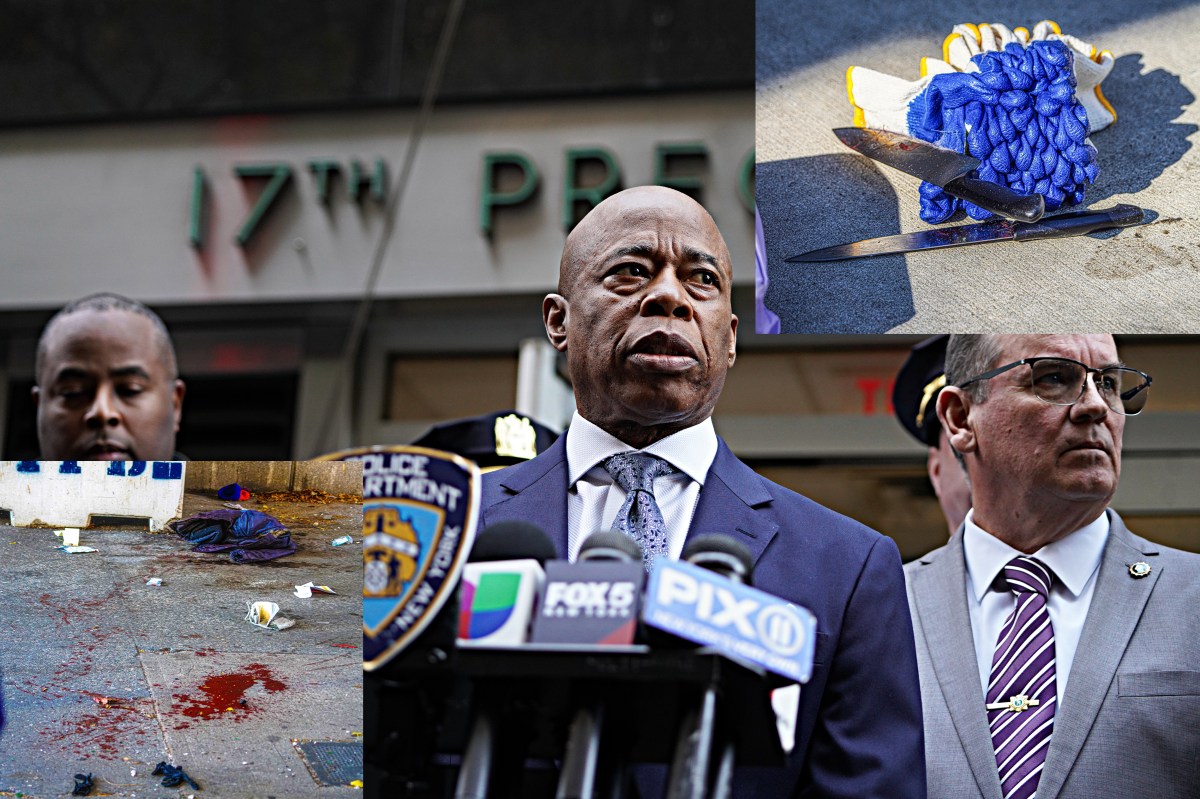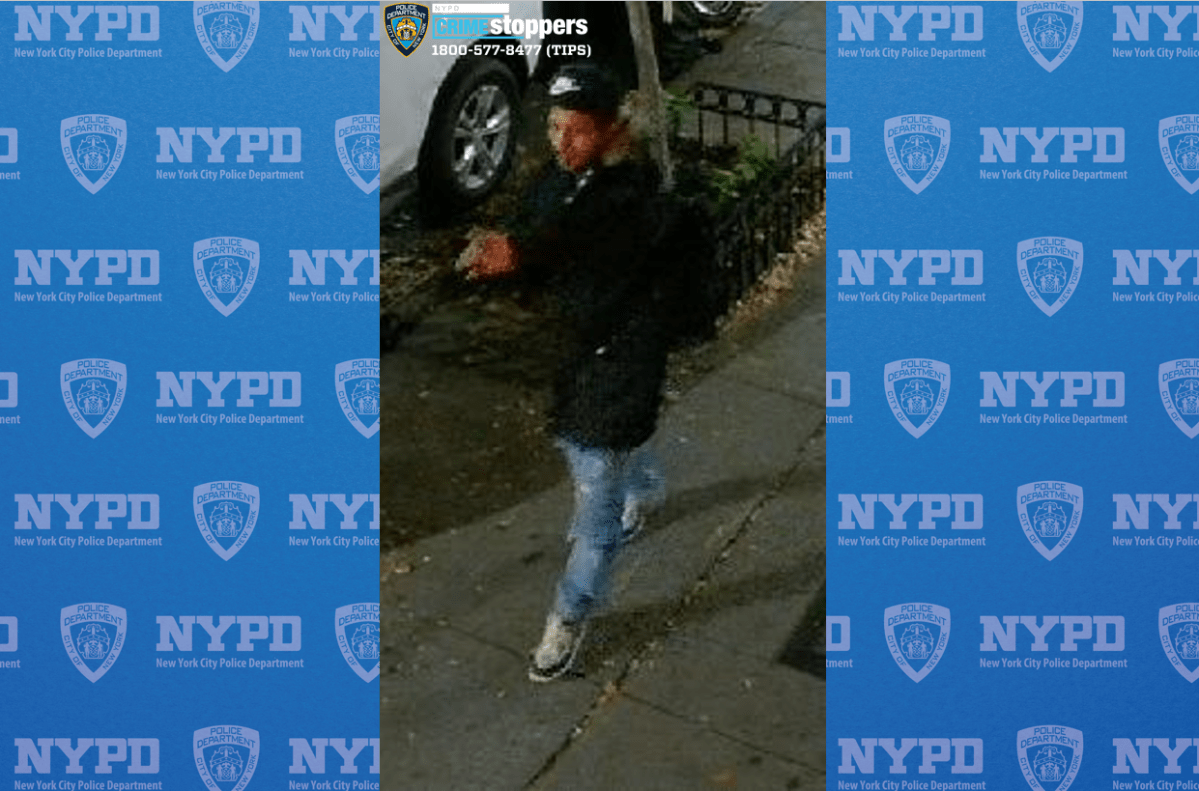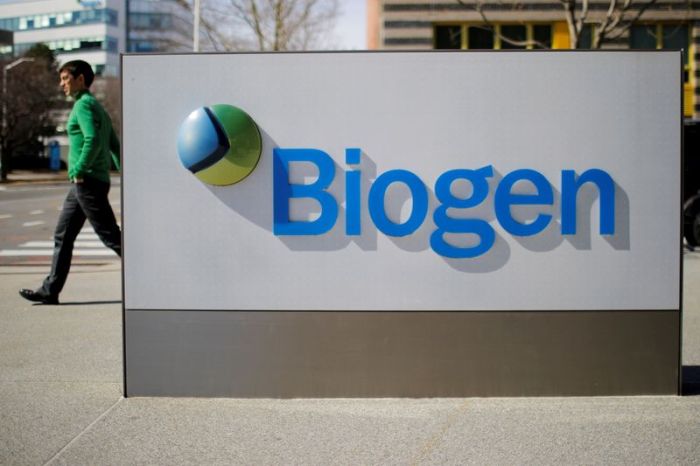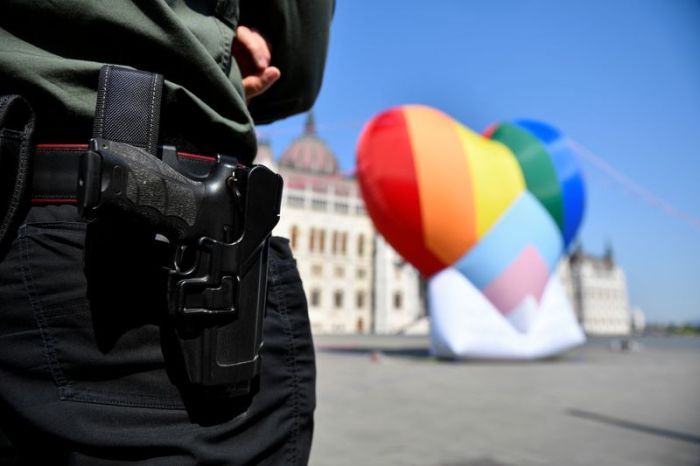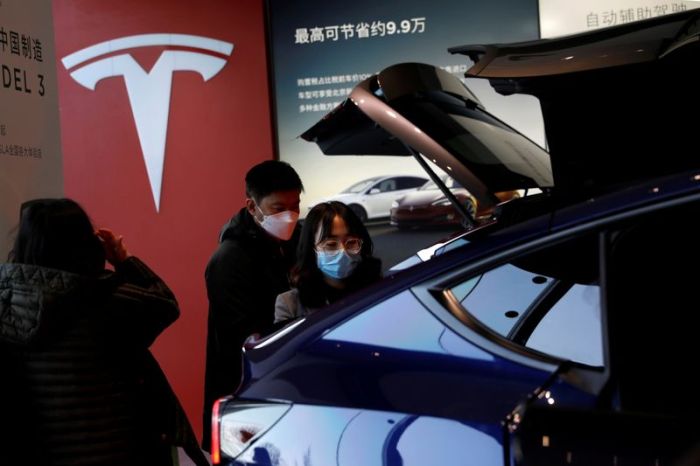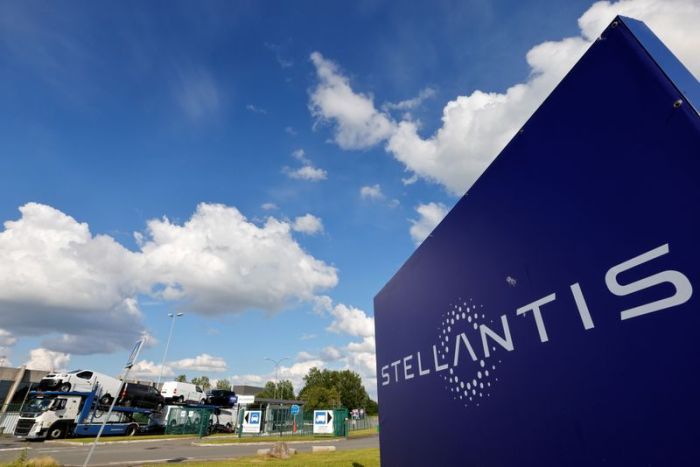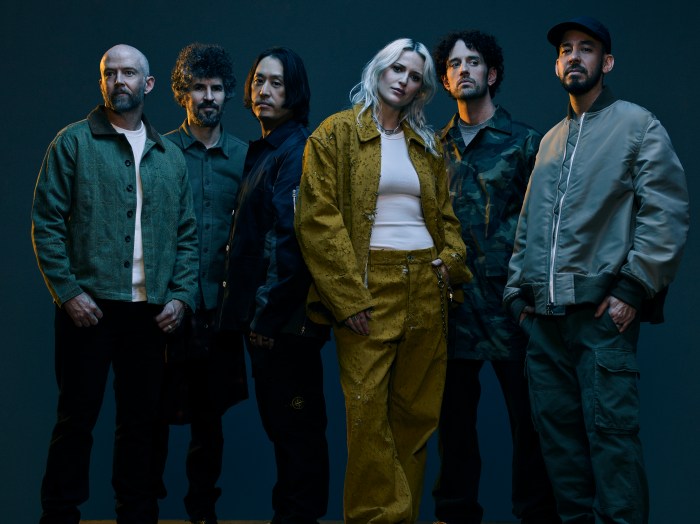SEOUL (Reuters) -From Monday South Korea will for the first time tighten coronavirus curbs to the strictest level possible in Seoul and neighbouring regions, as alarm spreads with new COVID-19 cases setting a second consecutive daily record nationwide.
South Korea, which has so far fared better than many industralised nations in case numbers and deaths, reported 1,316 new COVID-19 infections as of midnight Thursday, up from Wednesday’s previous record of 1,275.
Helped largely by vaccinations of older people, there has yet to be a significant increase in hospitalisations or deaths, with a mortality rate of 1.23% and the number of severe cases at 148 as of Thursday remaining far below levels seen during the previous peak in late December.
But on Thursday a top health official warned the new case numbers may nearly double by the end of July and Prime Minister Kim Boo-kyum announced two weeks of tougher curbs – level 4 is the most severe on South Korea’s scale, short of a full lockdown – during a televised government meeting.
Experts said the government’s COVID-19 strategy is to avoid the hit to the economy that has been seen in full lockdowns elsewhere.
“The government strategy is to steer away from lockdown fearing negative impact on the economy. Level 4 is the harshest it can get,” said Kim Dong-hyun, former president of Korean Society of Epidemiology.
Under the new curbs, people are advised to stay home as much as possible, schools are recommended to switch to remote learning, social gatherings are restricted to two people after 6.00 p.m. from four earlier in the day, and rallies are banned.
No spectators are allowed to attend sports matches, while hotels can only operate at two-thirds of full capacity. Movies and concerts are not allowed after 10 p.m, and nightclubs and bars are to shut, while restaurants and cafes would be allowed limited seating and only take-out services after 10 p.m.
Employers are advised to increase flexible staffing with 30% of staff working remotely.
500 CASES A DAY IN SEOUL
South Korea’s total COVID-19 infections to date stand at 165,344, with 2,036 deaths. It has only given both shots in the dual vaccination process to just over 10% of its 52 million population, while 30% have received at least one dose, the majority of whom are aged over 60.
The country aims to reach herd immunity before November by inoculating 70% of the public with at least one shot by September.
“Seoul alone saw 500 confirmed cases for the third day,” Prime Minister Kim said during Friday’s government meeting. “Four out of five infections are from the metropolitan Seoul area.”
While the new will be imposed on Monday, Kim also advised the public to refrain from any private gatherings starting Friday.
He also said that during the two-week semi-lockdown the government will suspend a programme introduced earlier this year that allowed mask-free outdoor gatherings for citizens vaccinated with at least one COVID-19 shot.
Of the locally acquired cases, 78% were concentrated in the greater Seoul area, and the detection rate of highly transmissible Delta variant surged nearly three-folds in a week, Health Minister Kwon Deok-cheol said in a briefing on Friday.
Kwon did not provide the number of cases believed to be linked to the Delta variant.
President Moon Jae-in on Monday will convene a meeting with top officials of the greater Seoul area to address the measures, presidential spokeswoman Park Kyung-mee told reporters.
(Reporting by Sangmi Cha; Editing by Muralikumar Anantharaman and Kenneth Maxwell)

